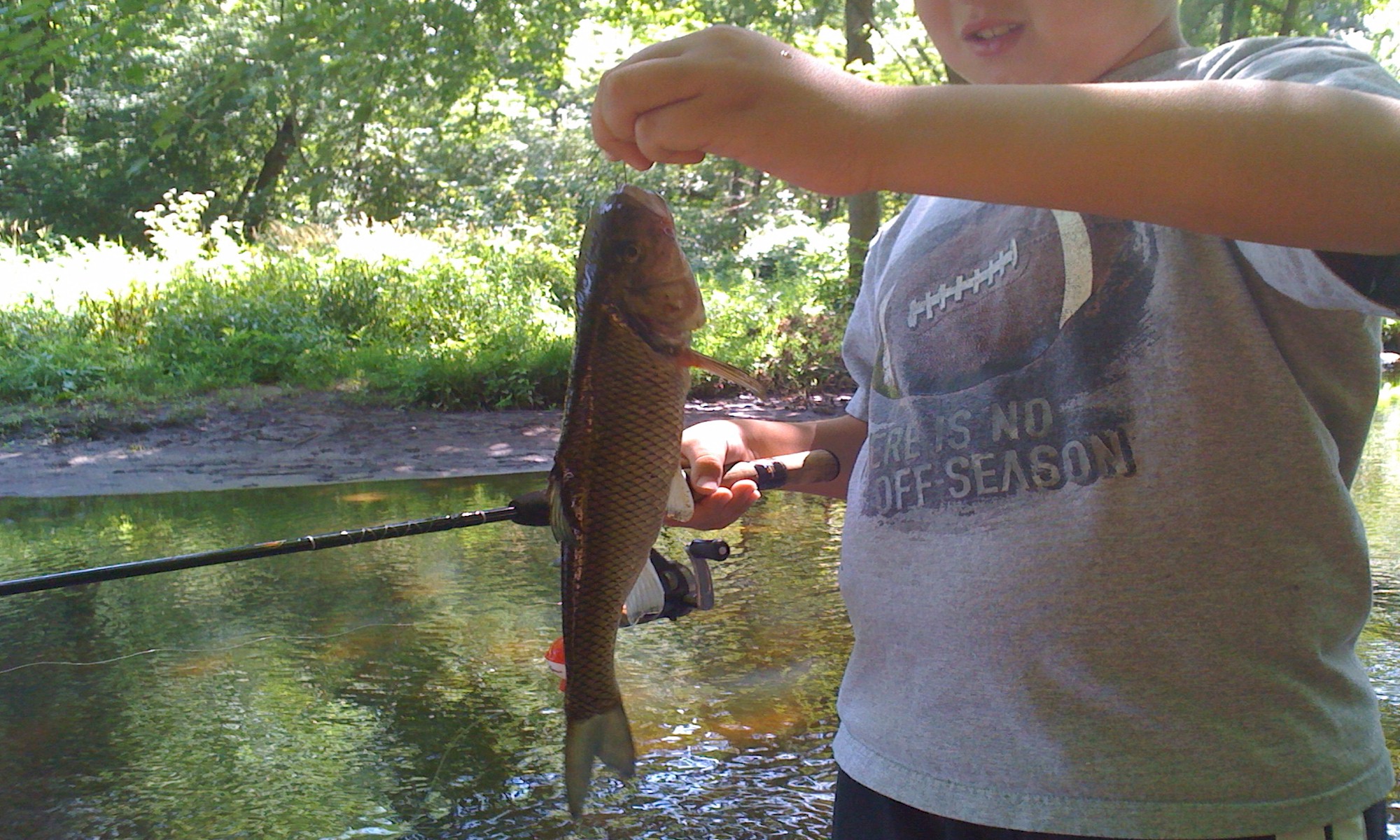So you’ve caught your favorite freshwater fish – congratulations! How are you going to cook it? Well …
If you’d like some tips on how to make your fish taste as good as it can, I think you’ll like today’s guest post by Benjamin Castillo!
10 Cooking Tips for Freshwater Catches
According to the American Heart Association, two servings of fish per week provide omega-3 fatty acids, which can prevent plaque buildup and may help reduce triglyceride levels in the blood. While this comes as good news to seafood lovers, many others are apprehensive about adding fish to their diet, simply because they don’t know how to prepare it in such a way so it will taste good. However, this can be remedied without having to take classes at one of the many cooking schools found online. Read on to discover some tips that will help you get the most flavor out of your freshwater fish.
1.) Make sure the fish you’re using is fresh. Fresh fish should not smell fishy, and should have a moist, shiny appearance with rosy pink gills.
2.) Be careful not to use too much water when cleaning your fish, as this tends to firm the meat.
3.) Consider the type of fish you are preparing. The color of the meat, its flavor and its texture all play a role in determining the best cooking method. Fish with lighter meat, such as catfish, should be broiled or poached, while darker, firmer meats, like that found on trout, can benefit from the enhanced smokiness of the grill.
4.) Know when to say “when” during the cooking process. Fish is done when it is white in color and is flaky. If you overcook your fish, you will end up with a tough and flavorless piece of meat.
5.) If you are considering frying your fish, stick with a dryer fish, like trout, rather than one that contains a lot of oil, such as salmon. Fish with a lot of oil will stay too moist for any breading to properly adhere and crisp, resulting in a soggy mess.
6.) Deep frying is a popular method for cooking catfish. However be sure that whatever oil you decide to use will not smoke or burn at or below 375 degrees, as this temperature is required to properly deep fry your fish.
7.) When grilling meatier fish, consider using indirect heat. This will slow down the cooking process, allowing the center of the fish to cook without burning the outer skin.
8.) A common mistake that people make when cooking fish is turning it too many times. If the fish is less than a half-inch thick, no turning is required.
9.) Cooking fish in the microwave can be problematic, due to the inability to constantly view the fish. A good rule of thumb is to cook fish for about eight to ten minutes per inch of thickness.
10.) One of the best parts about cooking fish is that any leftovers can be frozen. Leaner fish can last up to six months, while fattier fish only last about three months. Regardless, leftover fish should be thrown away when the meat becomes mushy.
Clearly freshwater fish are an excellent addition to any diet. However, cooking a delicious meal using these fish doesn’t have to be a mysterious process. With a little research and practice, anyone can create a delicious, nutritious meal for their friends and family!
Thank you Benjamin!
Hope that helps give you some better tasting fresh water fish on your plates!
‘Til next time, I’ll catch you later.
